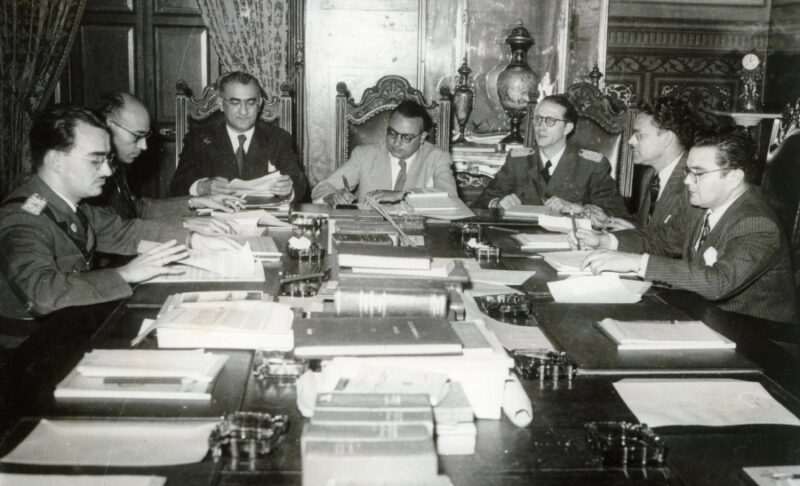
Courtesy
María Corina Machado enjoys widespread support among Venezuelan society and has successfully endorsed Edmundo González Urrutia as the unitary candidate. However, her support within the Unitary Platform (PUD) coalition is mixed, as she faces opposition from many in the former MUD coalition’s old guard. Internal disputes persist within the opposition, and Machado, along with her allies, will need to collaborate with both surviving Chavismo and adversarial PUD members in a transitional government. The historical context of Venezuela’s first democratic experiment in the late 1940s, following the death of Juan Vicente Gomez, shows how initial political openings led to significant reforms and the eventual October Revolution due to failed negotiations and internal strife. The 1945 coup formed a coalition government that enacted universal suffrage but was ultimately short-lived due to internal opposition, military ambitions, and weak democratic institutions. The failure led to the dictatorship of Marcos Perez Jimenez. Rómulo Betancourt, an AD leader, acknowledged the period’s rapid political changes and the resulting civil conflicts, which highlighted the tensions between new and old political elites. This historical episode offers lessons for the current democratic leadership in Venezuela. The election of Gallegos revealed a divide within the ruling Acción Democrática (AD) party and spurred opposition attacks. Despite this, AD’s long-established political foundation enabled them to dominate the 1947 elections with significant voter support. The main opposition parties, COPEI and URD, lacked the political maturity and experience to compete effectively, resorting instead to conspiracies and attacks, which AD and Gallegos passively addressed, fearing further political instability. The Venezuelan military, newly professionalized and involved in politics, added pressure on the government. For current and future democratic transitions, it is crucial to prioritize the nascent democratic project over individual power gains. The transitional government needs broad national legitimacy and must avoid hasty alliances with military or political factions that could jeopardize long-term democratic stability. Learning from AD’s historical mistakes, including underestimating the military’s role and failing to defend democratic institutions effectively, is essential. Transition leaders must also recognize the military’s current interests, including avoiding international criminal prosecution for past human rights violations. Ultimately, successful transitions require political maturity and the inclusion of diverse political perspectives, avoiding past errors to sustain democracy. The experience of Acción Democrática, particularly their eventual success post-dictatorship, offers valuable lessons for contemporary political leadership. Original Texy by Juan Comella, published in-> CaracasChronicles

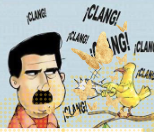
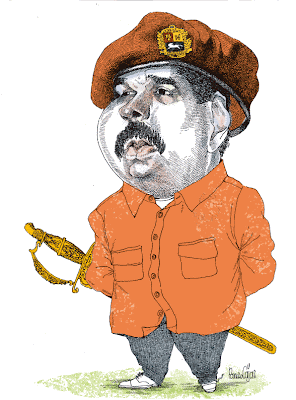
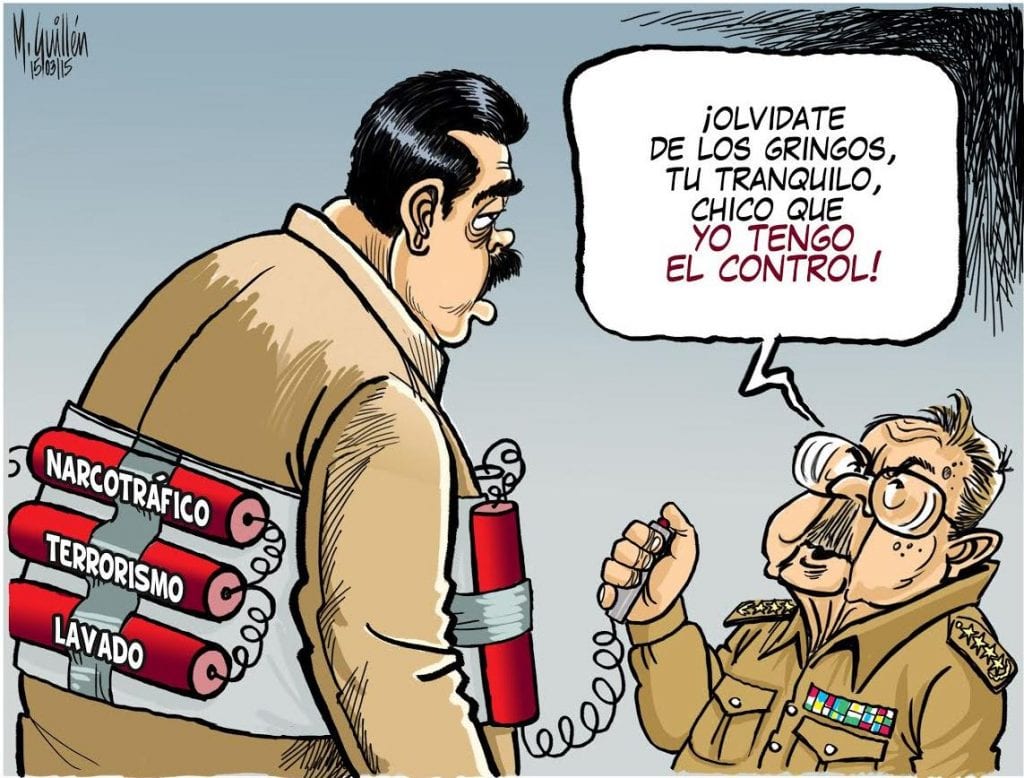
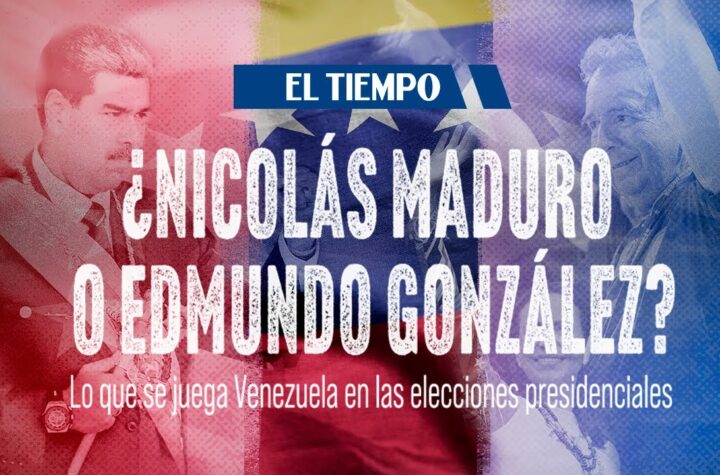
More Stories
Venezuela, elecciones entre pajaritos y mariposas
Maduro seeks to bolster military support ahead of next election
¿Qué hará Cuba el 28 de julio?